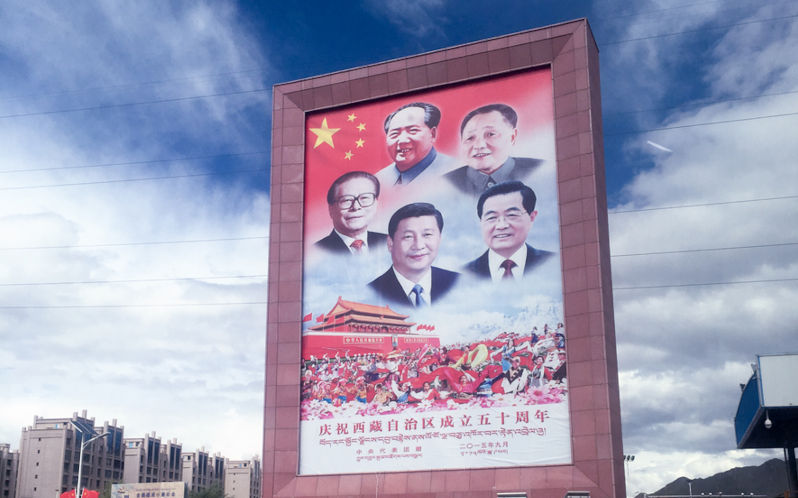How China moved from a command to a free market economy and is now restoring socialism
August 27, 2024
This short history of China over the last three decades is mainly based on the first of a three part series in the SCMP. It describes how the adoption of neo-liberalism by President Deng made China rich but also created social problems that President Xi is trying to fix.
President Deng enabled China to become prosperous and restore its dignity by shifting from a failed command economy to a guided free market one.
In other words embracing neo-liberalism by calling it “Socialism with Chinese characteristics”.
Deng also realised China needed a firm dictatorship to implement this painful transition or it would collapse as happened to the Soviet Union under Gorbachev who tried to liberalise both the economy and society.
After Deng, his successors tried to share leadership with all the CCP factions only to see the country descend into paralysis, indecision, and corruption.
President Xi came to power because he recognised that the party and nation could only survive if it addressed the major problems that arose from uncontrolled neo-liberalism and weak post-Deng leadership.
These problems were rampant corruption at all levels of government, a growing divide between city and rural dwellers, millions still living under the poverty line, large scale environmental degradation, and CCP factional infighting causing policy indecision and inertia.
He set about arresting top officials taking bribes, redirecting resources to improve housing and infrastructure in smaller towns, completely eradicating poverty as defined by the UN, making renewable energy a top priority with China making more solar panels , wind turbines and lithium batteries than the rest of the world combined, and centralising power again so the personality based factional system gave way to public interest policy making with obstructors removed from their posts.
Whether Xi makes the mistake of killing entrepreneurial capitalism by replacing it with timid risk averse state owned corporations only time will tell.
He has already learned that banning borrowing by over indebted property developers killed off the construction industry and caused a local government financial crises as their land sale revenues dried up.
Also cracking down on tech industry entrepreneurs because they were becoming more popular on social media than him, slowed down China’s race against Silicon Valley.
Finally he needs to improve social security so households can reduce their large precautionary savings so they spend more on consumer goods.
That would make China less dependent on Western markets that are trying to throttle its huge export drive.
